Top 8 Essential Oils for balancing Cholesterol Levels
The Top 8 Essential Oils for balancing Cholesterol Levels
Overview
Cholesterol, though thoroughly badmouthed in recent years, is actually necessary for various biological functions. It is an essential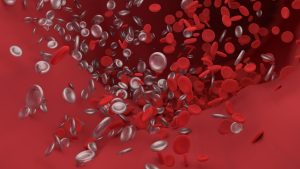
Cholesterol is carried to and from cells by two types of lipoproteins: high-density lipoproteins (HDL) and low-density lipoproteins (LDL). Having too much of the latter type of lipoproteins, also known as bad cholesterol, is associated with an increased risk of heart diseases and poses a major challenge to the global population. Experts suggest that preventive lifestyle and complementary therapies can help tackle various risk factors of high cholesterol and keep it at manageable levels.
How do essential oils help in cholesterol management?
Stress management
Psychological stress is identified as a major risk factor for high cholesterol and heart diseases. In a 2017 study, work-related stress was found to raise the levels of bad cholesterol as well as total cholesterol in healthy volunteers. As a timeless art of relaxation, essential oils can help prevent stress build-up and chronic issues. Research shows that inhaling volatile compounds of certain essential oils can activate the limbic system (part of the brain linked to mood and emotions) to trigger desirable emotional responses, which can help you unwind and recharge after stressful situations.
Restful sleep
Inhaling soothing aromas before bed is a time-honored way to induce deep and restful sleep. Sleep plays a key role in lipid metabolism, and its deficiency can increase liver fat accumulation. While it is not clear whether improved sleep quality reduces cholesterol, research shows a clear link between sleep deprivation and increased cholesterol levels. Insufficient rest and fragmented sleep can also increase your risk of obesity, type-2 diabetes, high blood pressure, asthma, and stroke, according to the Centers for Disease Control and Prevention.
Essential oils help fight inflammation
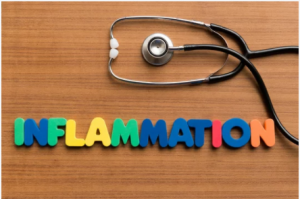
Hormonal balance
Hormones play a critical role in cholesterol management. This is because our body uses cholesterol to make various hormones responsible for daily activities. Research shows that disturbances in certain hormones, particularly thyroid and estrogen imbalances, can cause a subsequent increase in liver fatty deposits, triglyceride levels, and bad cholesterol. Essential oils like clary sage, rose, lavender, chamomile, geranium have been used since antiquities to promote hormonal balance, especially in women.
Improved circulation
High levels of low-density lipoproteins (aka bad cholesterol) can clog arteries and affect our circulatory system, causing problems like numbness in limbs, low memory, and a foggy mind. Nature offers a wide range of invigorating essential oils that not only stimulate blood circulation but also help remove impurities that are trapped in neuromuscular junctions, reducing the harmful effects of toxins and inflammation created by them.
8 essential oils that may help balance cholesterol levels
1. Lemongrass essential oil
Used in food and medicine for centuries, lemongrass oil is famed for its exhilarating aroma and anti-inflammatory properties. It has a deep citrus aroma with a slightly herbaceous nuance, which instantly boosts spirits with a fresh burst of energy and encourages productivity. Studies have shown that the citral component of lemongrass oil boosts immunity, increases circulation, helps fight free radicals, and lowers inflammation. Its various mechanisms, combined with its stress-relieving and detoxifying effects, can improve lipid metabolism and blood sugar control.
2. Lavender
Cherished for its profound effects on mood and emotions, lavender works as a nervine tonic to promote overall physical and mental wellness. When inhaled through aroma diffusion, its sweet, soothing fragrance alleviates psycho-emotional stress, lowers heart rate and blood pressure, relaxes muscles, and slowly induces peaceful sleep. In a 2005 study, lavender increased the percentage of slow-wave sleep (also known as deep sleep or restorative sleep) in young men and women. Lavender is also helpful in promoting hormonal balance, which directly helps in reducing bad cholesterol levels.
3. Grapefruit essential oil
Research suggests that inhaling certain aromas can improve lipid metabolism and help you balance “bad” cholesterol levels, even without changing your eating habits. Grapefruit oil contains a compound called limonene, which activates enzymes that help in the breakdown of liver fats. In a 2005 study, inhaling grapefruit oil for 15 minutes thrice a week was found effective in improving fat to energy conversion, reducing appetite, and controlling body weight.
4. Lemon essential oil
The bright citrus aroma of lemon oil has a revitalizing effect on the mind that reduces physical and psychological stress, boosts mental alertness, and improves work performance. In a 2013 study, lemon essential oil triggered the brain to release ‘happy hormones,’ namely dopamine, serotonin, and norepinephrine neurotransmitters. Lemon also has detoxifying properties that can reduce inflammation and plays a protective role in cholesterol management.
5. Ginger essential oil
Full of antioxidants and anti-inflammatory properties, the essential oil derived from ginger rhizomes has a long history of use in various cultures around the world. Adoringly nicknamed the ‘oil of empowerment, it’s comforting aroma is believed to inspire confidence and self-assurance. According to a 2019 study, ginger oil strengthens immunity, reduces chronic inflammation, improves digestion, helps control emotional eating, and stimulates the secretion of enzymes responsible for fat metabolism.
6. Roman chamomile oil
Chamomile has anti-inflammatory and nervine-soothing properties. Its calming floral aroma triggers the brain to release nervous relaxant chemicals, which help reduce mental activity and anxiety, preparing you for healthful sleep. Quality sleep helps reboot the brain’s stress response system, reduces cortisol (stress hormones) secretion, boosts energy levels, supports a robust immune function, and maintains hormonal balance – which can altogether lower inflammation and promote cholesterol metabolism.
7. Clove essential oil
Clove oil is rich in eugenol, a powerful antioxidant and anti-inflammatory agent that rejuvenates your body and mind inside-out. When used in aromatherapy for deep tissue massage, clove oil encourages detoxification and reduces oxidative stress. Its immune-strengthening ability helps lower inflammation and supports the healthy metabolism of liver fats and lipoproteins. In one study, oral administration of clove oil was found effective in reducing cholesterol levels in rats. Please note that this study was conducted on animals, not humans, and essential oils are not considered safe for human consumption.
8. Jatamansi (spikenard) essential oil
An extract of a rare medicinal herb found in the Alpine Himalayas, Jatamansi is undoubtedly one of the most soothing essential oils on the planet. Well-documented for its antidepressant and anti-stress benefits, spikenard increases the levels of GABA and monoamine neurotransmitters in the brain. These chemicals are responsible for calming the central nervous system and can improve your overall stress adaptability.
How to use essential oils for cholesterol reduction
Unwind with aromas
Diffuse 4-5 drops in a well-ventilated room while you are cooking, cleaning, relaxing, reading, or chatting with your loved ones.
Sleep support
Put 1-2 drops of your favorite oil on a cotton ball, and rub it on your pillows.
Massage
Dilute 5-6 drops of essential oils with 15 ml of any carrier oil. Give yourself a rejuvenating full-body massage.
Stress relief roll-ons
Put 4-5 drops of essential oils (or blends) in a 10 ml amber-colored roller bottle, and fill the rest of it with any carrier oil of your choice. Apply on inner wrists, temples, back of the neck, and feet whenever you feel stressed or tired.
Make customized roller bottles for different purposes like sleep, energy, relaxation, metabolism, and hormonal support. Use as often as you like!
Safety and limitation of using essential oils for heart health
Consuming essential oils is not considered safe for humans unless it is done under expert supervision. Used externally for aromatherapy applications, they are generally regarded as safe for most adults. However, do not exceed the recommended amounts, and be sure to dilute them before topical applications.
Applying lemon oil can increase the photosensitivity of the skin. Avoid direct sunlight for at least 12 hours.
Final thoughts
Essential oils possess various therapeutic properties that can help in cholesterol management. The most wonderful thing about these herbal extracts is their holistic nature and preventive working mechanism, which helps in controlling multiple risk factors simultaneously. While some aromas are known to have a direct effect on lipid metabolism, some oils may indirectly help in cholesterol reduction. Their stress-relieving, mood-lifting, sleep-promoting, hormone-balancing, and detoxifying properties can help lower inflammation in the body, playing a preventive role in the management of heart diseases.
To Your Health!
References
- Golia, E., Limongelli, G., Natale, F., Fimiani, F., Maddaloni, V., Pariggiano, I., Bianchi, R., Crisci, M., D’Acierno, L., Giordano, R., Di Palma, G., Conte, M., Golino, P., Russo, M. G., Calabrò, R., & Calabrò, P. (2014). Inflammation and cardiovascular disease: from pathogenesis to therapeutic target. Current atherosclerosis reports, 16(9), 435. https://doi.org/10.1007/s11883-014-0435-z
- Inflammation in heart disease: do researchers know enough? https://www.nature.com/articles/d41586-021-01453-6
- Assadi S. N. (2017). What are the effects of psychological stress and physical work on blood lipid profiles?. Medicine, 96(18), e6816. https://doi.org/10.1097/MD.0000000000006816
- Lizarraga-Valderrama L. R. (2021). Effects of essential oils on central nervous system: Focus on mental health. Phytotherapy research: PTR, 35(2), 657–679. https://doi.org/10.1002/ptr.6854
- Aho, V., Ollila, H., Kronholm, E. et al. Prolonged sleep restriction induces changes in pathways involved in cholesterol metabolism and inflammatory responses. Sci Rep 6, 24828 (2016). https://doi.org/10.1038/srep24828
- Kasasbeh, E., Chi, D. S., & Krishnaswamy, G. (2006). Inflammatory aspects of sleep apnea and their cardiovascular consequences. Southern Medical Journal, 99(1), 58–81. https://doi.org/10.1097/01.smj.0000197705.99639.50
- Mao, Z., Li, J., & Zhang, W. (2018). Hormonal Regulation of Cholesterol Homeostasis. In (Ed.), Cholesterol – Good, Bad and the Heart. IntechOpen. https://doi.org/10.5772/intechopen.76375
- Feingold KR, Brinton EA, Grunfeld C. The Effect of Endocrine Disorders on Lipids and Lipoproteins. [Updated 2020 Mar 9]. In: Feingold KR, Anawalt B, Boyce A, et al., editors. Endotext [Internet]. South Dartmouth (MA): MDText.com, Inc.; 2000-. Available from: https://www.ncbi.nlm.nih.gov/books/NBK409608/
- Shah, G., Shri, R., Panchal, V., Sharma, N., Singh, B., & Mann, A. S. (2011). Scientific basis for the therapeutic use of Cymbopogon citratus, stapf (Lemon grass). Journal of Advanced Pharmaceutical Technology & Research, 2(1), 3–8. https://doi.org/10.4103/2231-4040.79796
- Goel, N., Kim, H., & Lao, R. P. (2005). An olfactory stimulus modifies nighttime sleep in young men and women. Chronobiology International, 22(5), 889–904. https://doi.org/10.1080/07420520500263276
- Al-Okbi, S. Y., Mohamed, D. A., Hamed, T. E., & Edris, A. E. (2014). Protective effect of clove oil and eugenol microemulsions on fatty liver and dyslipidemia as components of metabolic syndrome. Journal of medicinal food, 17(7), 764–771. https://doi.org/10.1089/jmf.2013.0033
- Mahboubi, M. (2019). Zingiber officinale Rosc. essential oil, a review on its composition and bioactivity. Clinical Phytoscience, 5, 1-12. https://doi.org/10.1186/s40816-018-0097-4
- Mutlu, A. S., Gao, S. M., Zhang, H., & Wang, M. C. (2020). Olfactory specificity regulates lipid metabolism through neuroendocrine signaling in Caenorhabditis elegans. Nature communications, 11(1), 1450. https://doi.org/10.1038/s41467-020-15296-8
- Shen, J., Niijima, A., Tanida, M., Horii, Y., Maeda, K., & Nagai, K. (2005). Olfactory stimulation with scent of grapefruit oil affects autonomic nerves, lipolysis and appetite in rats. Neuroscience letters, 380(3), 289–294. https://doi.org/10.1016/j.neulet.2005.01.058



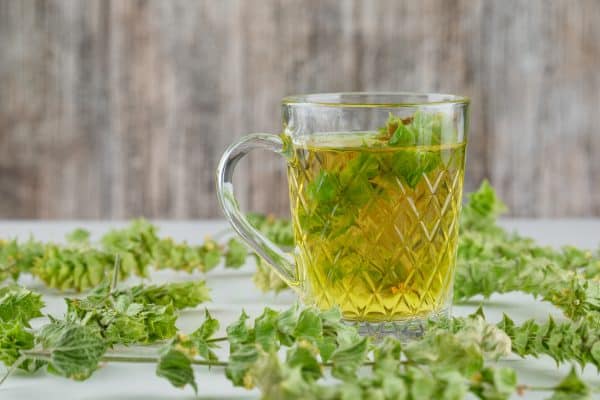
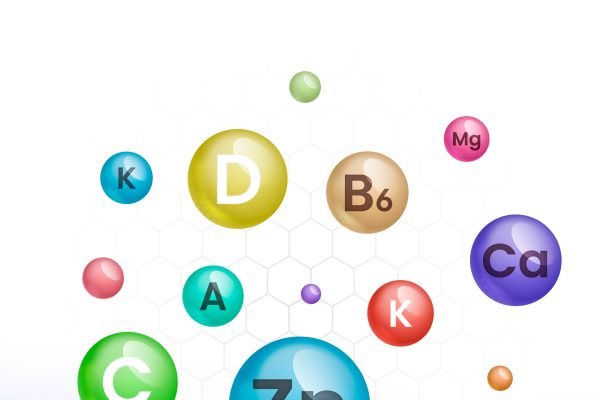
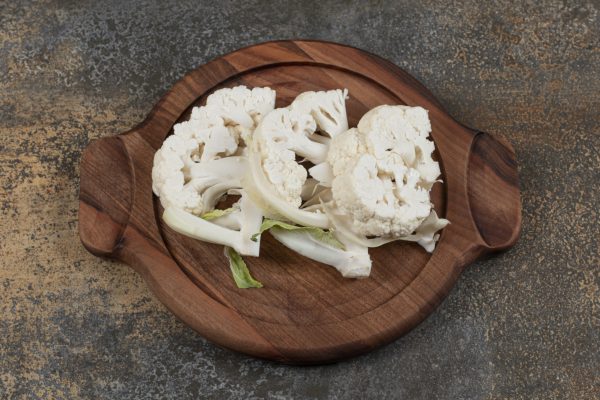
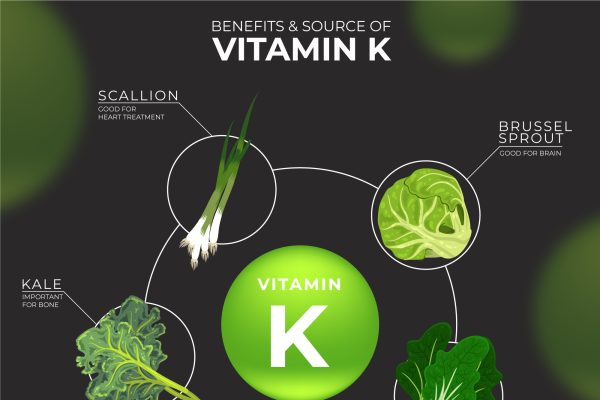



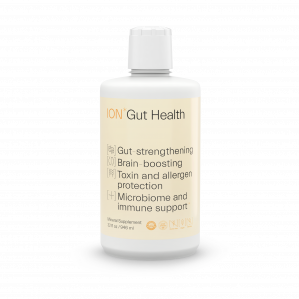
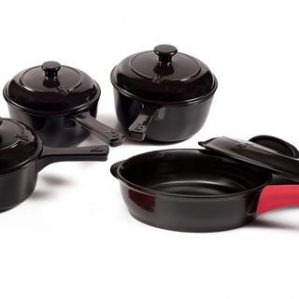
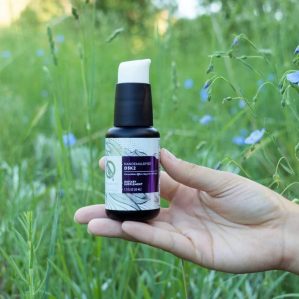
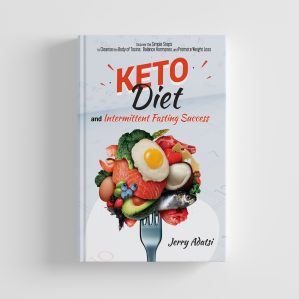
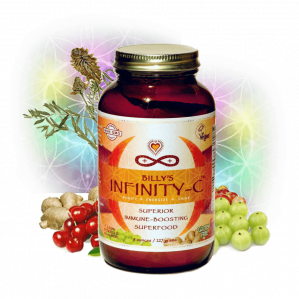











2 Comments
[…] essential oils are good for healing […]
[…] hesperidin found in lemon strengthens blood vessels and prevents the buildup of fatty deposits inside arteries. Another flavonoid compound called diosmin strengthens your heart muscles, reduces chronic […]